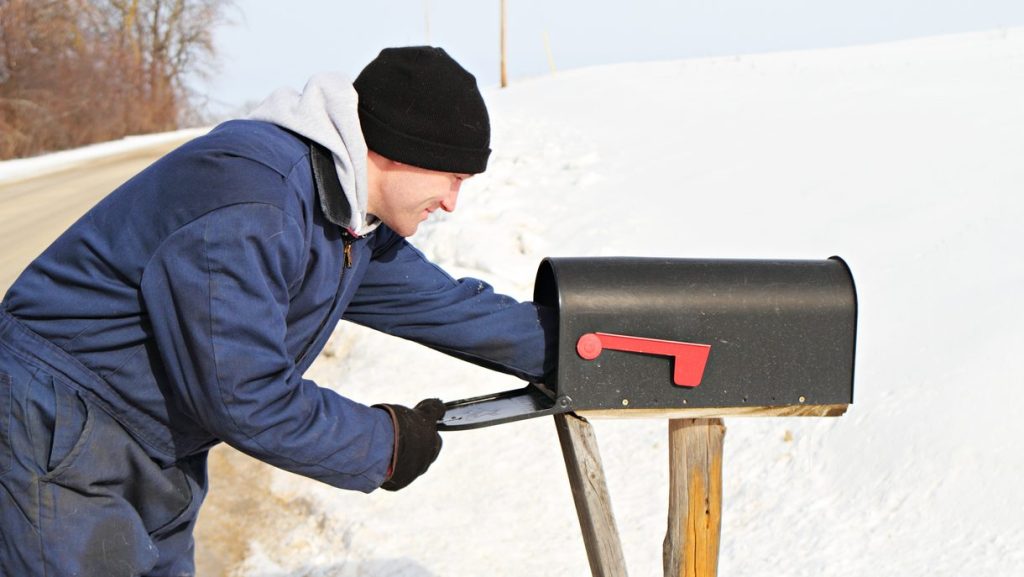Here’s one reason why you may not have received your $200 Ontario rebate cheque yet

During a recent chat among half-a-dozen colleagues, the status of our respective $200 rebate cheques from the Ontario government came up. Out of the group, two of us — myself included — were still patiently waiting.
That’s when it was pointed out that we both had something in common, and thankfully it wasn’t that we spent 2024 in jail — one of the few disqualifiers.
Our commonality was that we had both moved within the last year.
Advertisement
The bad news was that we both learned that our cheques had been mailed to our previous addresses.
The good news? It was a pretty easy fix.
Here’s what to do if you moved recently and still haven’t received your cheque.
Step 1. Check the status of your cheque
The province has made it fairly simple to find out if your cheque has been mailed, and where it was mailed to.
By clicking here, you can track your cheque.
Advertisement
You’ll need the following:
- an account login
- the last 4 digits of your Social Insurance Number (SIN)
- your date of birth
- the postal code of the mailing address you used in your Canada Revenue Agency (CRA) tax return
Step 2: Update your address
If you realize the cheque has gone to your old address, don’t fret. Once you update your address, the previous cheque will be cancelled and a new cheque will be sent to your new address. It could take six to eight weeks to arrive.
Here’s how to update your address:
The same link used to check the status of your cheque can be followed to change your address online, or you can call ServiceOntario at 1-833-351-0409 or TTY: 1-888-821-9056
“You cannot update your mailing address for the rebate by visiting a physical ServiceOntario location,” the province says on its website.
Advertisement
“Address changes may take up to 10 days to show up on your account. Do not submit another address change during that time.”
Are you eligible for the money?
Where you live becomes a moot point if you’re not even eligible to collect the cash.
For instance, if your address in 2024 was prison, you’re out of luck.
You’re also ineligible if you were bankrupt last year.
Other than that, as long as you were 18 or older at the end of 2023, were a resident in Ontario on Dec. 31, 2023, and filed your 2023 Income Tax and Benefit Return by Dec. 31, 2024, you should be good to go.
Advertisement
Even if you died but were eligible, you can still pass on the cash from beyond the grave. The rebate payment can be made to the deceased person’s estate and can be cashed by the executor.
According to the province, the rebate is expected to provide $3 billion in support for approximately 12.5 million adults and 2.5 million children.
Life’s a glitch
There have been a few issues with the cheques aside from tracking them down and assuring they arrive at the right address.
The government says it is “aware of an issue with a small number of cheque deposits due to a technical glitch affecting clearing activities with the bank.”
“If you have been affected, a credit will be issued to your account and any associated charges will be reimbursed.”
Advertisement
In some cases the cheques may have been issued in the wrong name.
“If your cheque is in the wrong name, such as your maiden name, please contact ServiceOntario as soon as possible at 1-833-351-0409 or TTY: 1-888-821-9056,” the provincial website advises.
“We will reissue a cheque to your updated name within 3 to 4 weeks. Your previously issued cheque will be cancelled.”
And of course, any time money is involved, the scammers will start circling like sharks.
Basically, if anyone reaches out to you about the cheque, it’s a ruse to separate you from your dough.
Advertisement
“The Government of Ontario will only contact you directly in response to a question or query about the rebate you initiated,” it warns.
The province says it will not proactively contact you by text, email, or phone to sign you up for a rebate program, ask for personal information, or offer you money or a reward.
If that’s happened, you’ve likely been victimized.
Advertisement